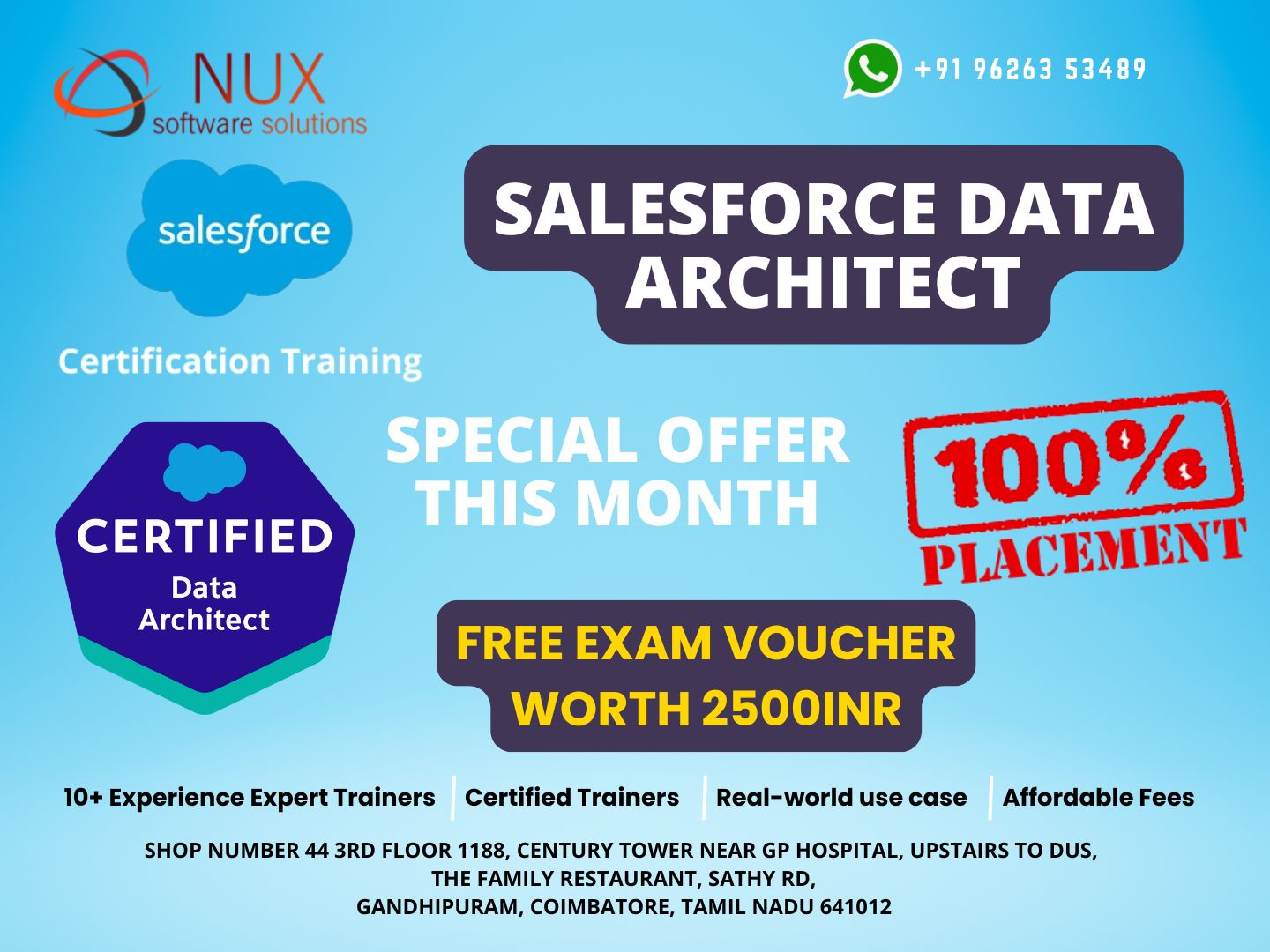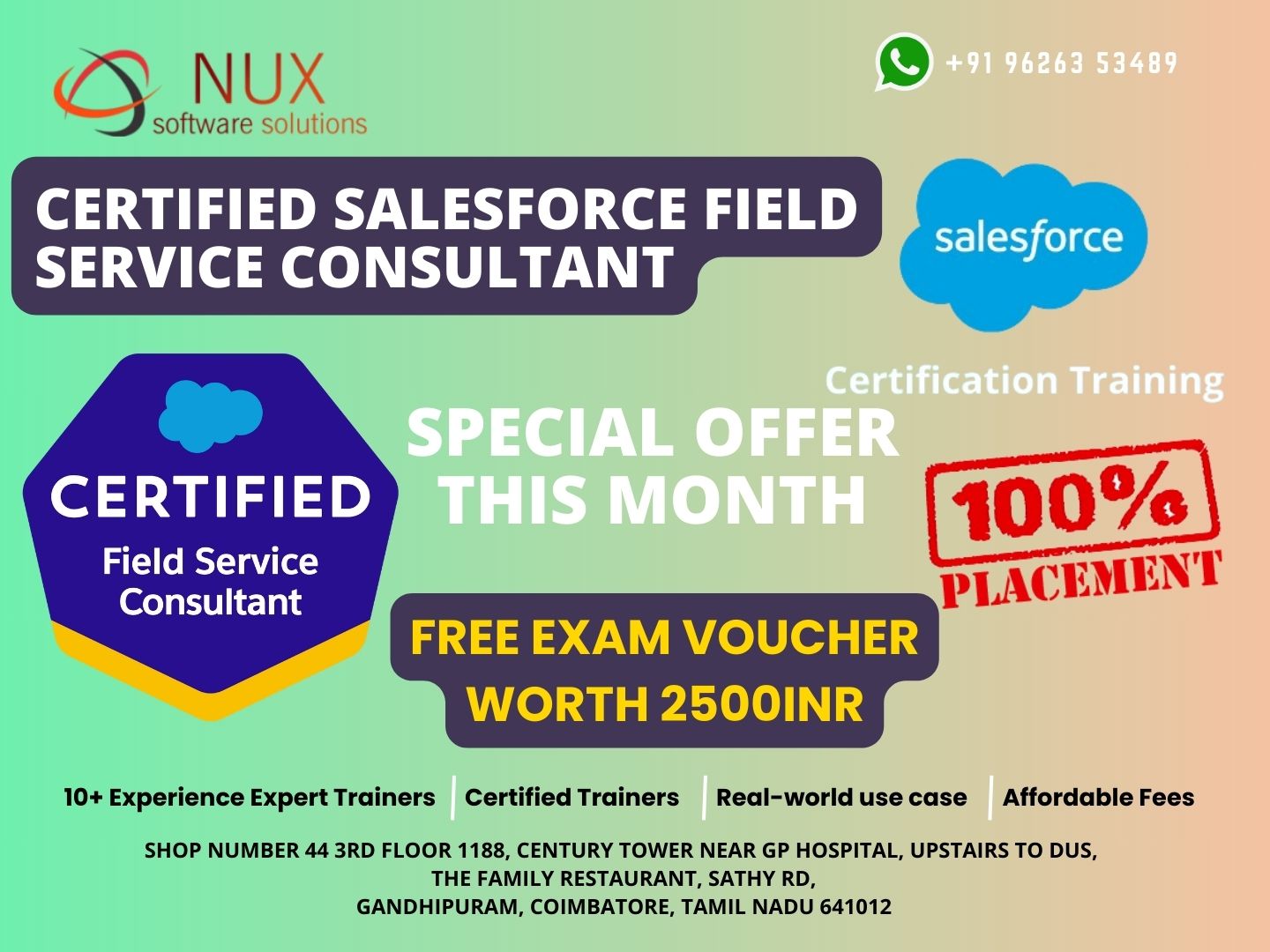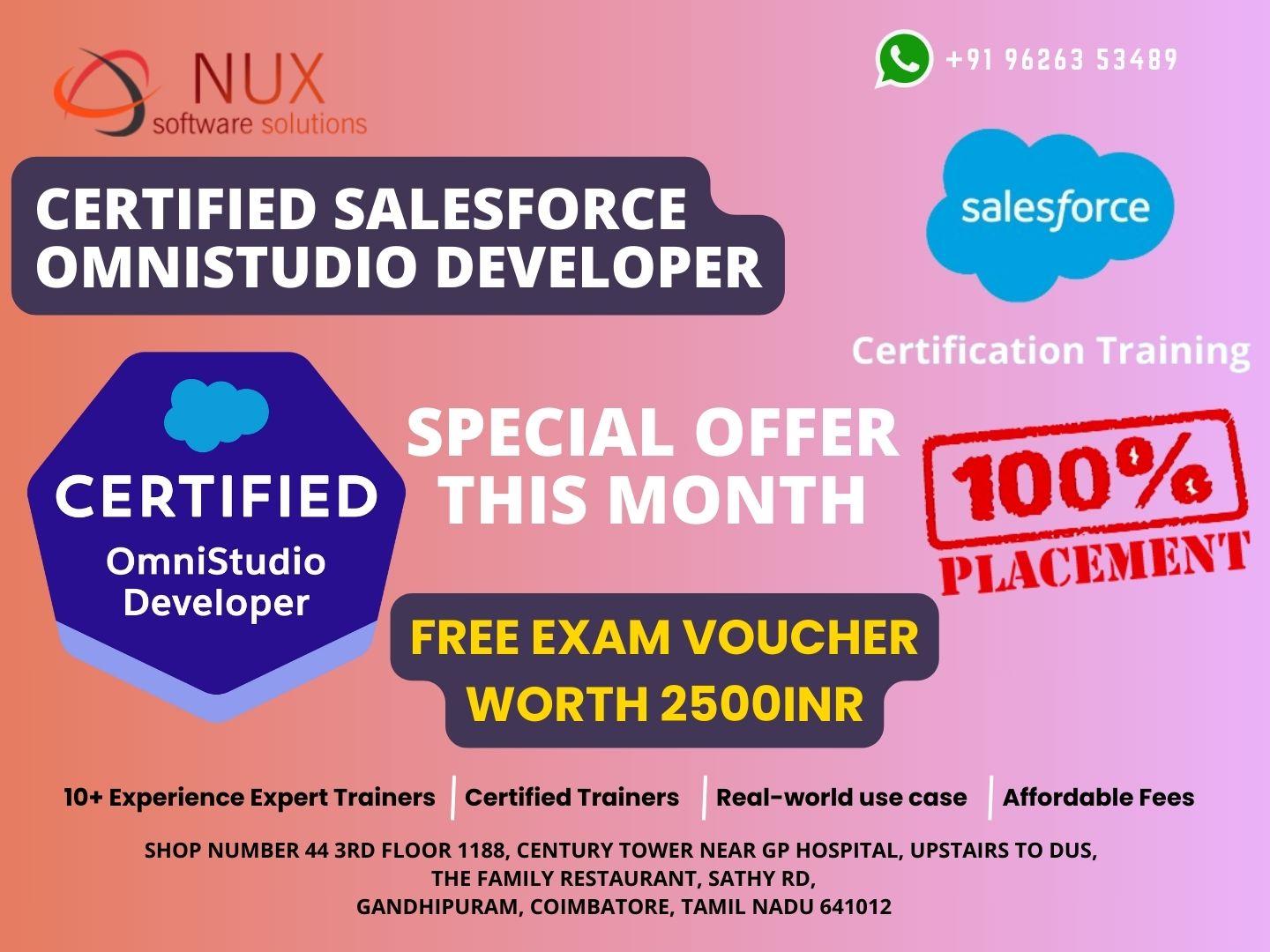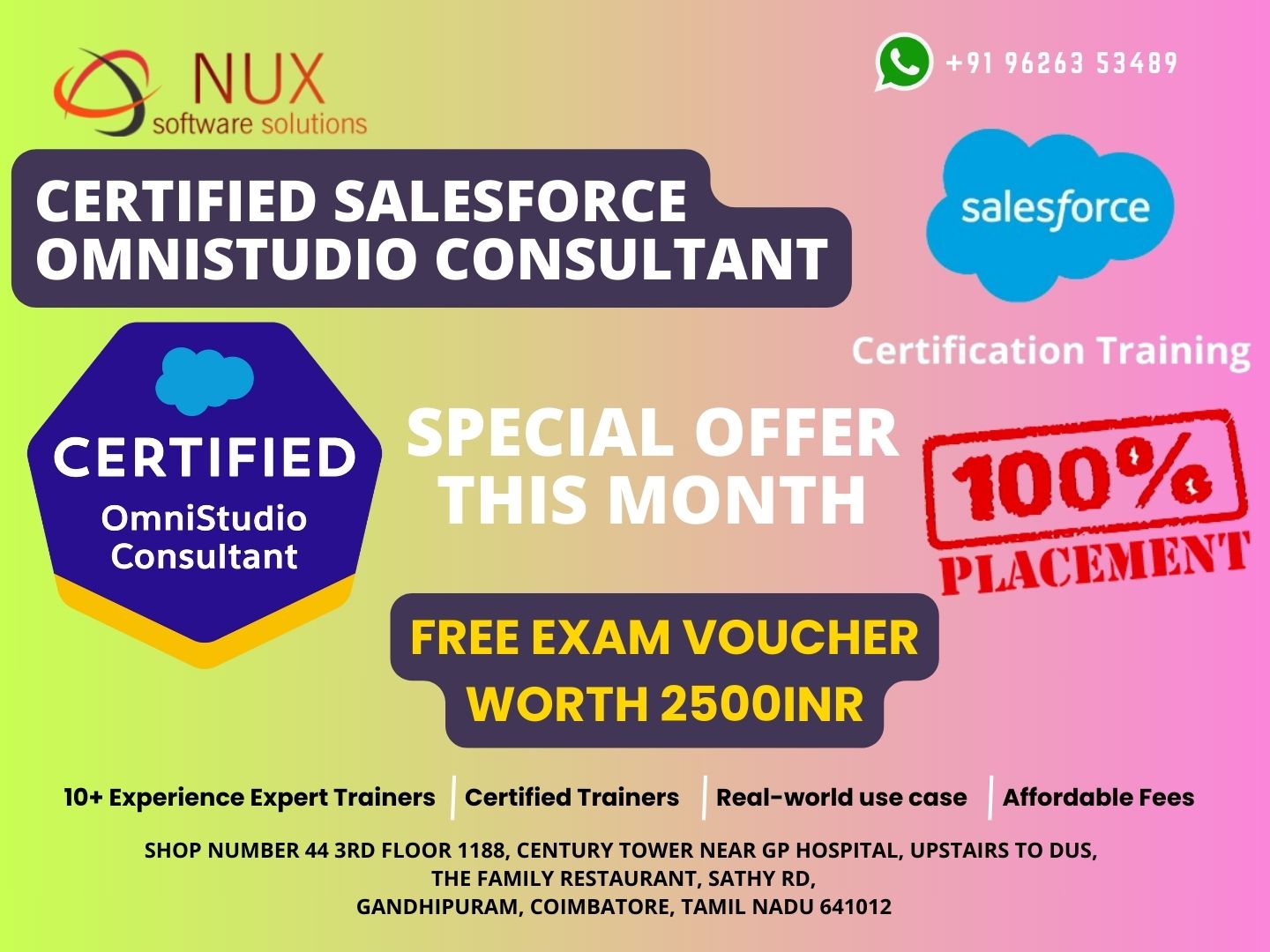Compare and contrast various techniques and considerations for designing a data model for the Customer 360 platform. (for example, objects, fields & relationships, object features).Given a scenario, recommend approaches and techniques to design a scalable data model that obeys the current security and sharing model.Compare and contrast various techniques, approaches and considerations for capturing and managing business and technical metadata (for example, business dictionary, data lineage, taxonomy, data classification).Compare and contrast the different reasons for implementing big objects versus standard/custom objects within a production instance, alongside the unique pros and cons of utilizing big objects in a Salesforce data model.Given a customer scenario, recommend approaches and techniques to avoid data skew (record locking, sharing calculation issues, and excessive child to parent relationships).
Compare and contrast the various techniques, approaches and considerations for implementing MDM Solutions (for example, MDM implementation styles; harmonizing & consolidating data from multiple sources; establishing data survivorship rules, thresholds and weights; leveraging external reference data for enrichment; canonical modeling techniques, hierarchy management).Given a customer scenario, recommend and use techniques for establishing a "golden record" or "system of truth" for the customer domain in a single org.Given a customer scenario, recommend approaches and techniques for consolidating data attributes from multiple sources. Discuss criteria and methodology for picking the winning attributes.Given a customer scenario, recommend appropriate approaches and techniques to capture and maintain customer reference and metadata to preserve traceability and establish a common context for business rules.
Given a customer scenario, recommend appropriate combination of Salesforce license types to effectively leverage standard and custom objects to meet business needs.Given a customer scenario, recommend techniques to ensure data is persisted in a consistent manner. Given a scenario with multiple systems of interaction, describe techniques to represent a single view of the customer on the Salesforce Platform.Given a customer scenario, recommend a design to effectively consolidate and/or leverage data from multiple Salesforce instances.
Given a customer scenario, recommend an approach for designing a General Data Protection Regulation (GDPR) compliant data model. Discuss the various options to identify, classify, and protect personal and sensitive information. Compare and contrast various approaches and considerations for designing and implementing an enterprise data governance program.
Given a customer scenario, design a data model that scales considering LDV and solution performance.Given a customer scenario, recommend a data archiving and purging plan that is optimal for the customer's data storage management needs.Given a customer scenario, decide when to use virtualized data and describe virtualized data options.
Given a customer scenario, recommend appropriate techniques and methods for ensuring high data quality at load time. Compare and contrast various techniques for improving performance when migrating LDVs into Salesforce.Compare and contrast various techniques and considerations for exporting data from Salesforce.





